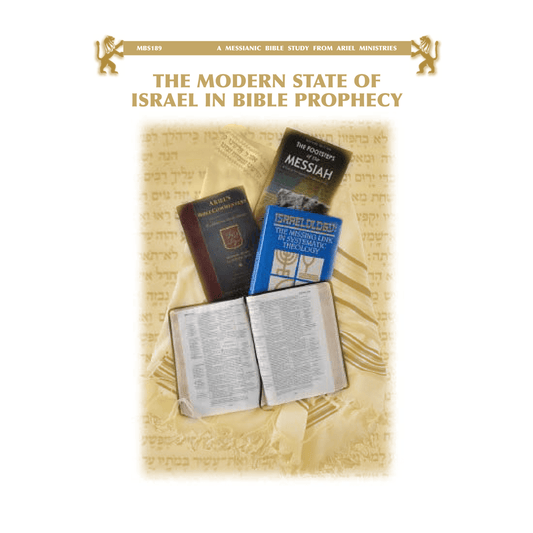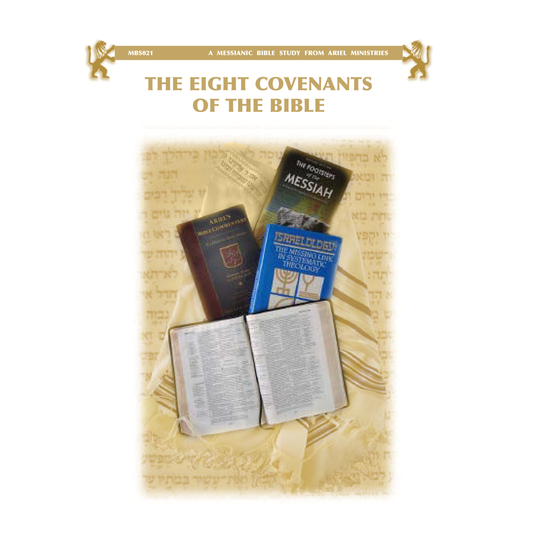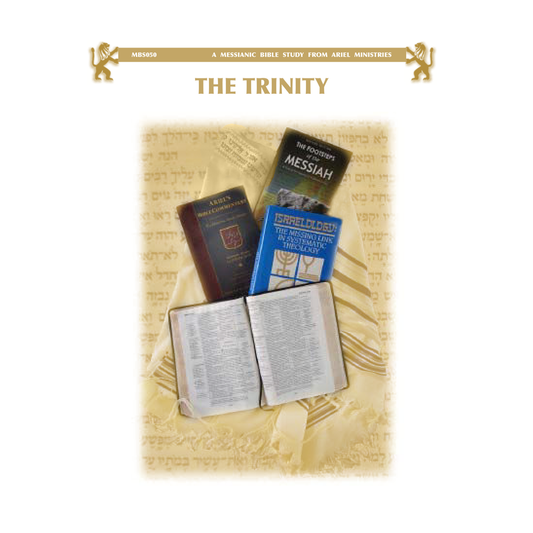Genesis 3:16 states: Your desire shall be to your husband. The word desire is 'teshukah', a word found only twice elsewhere in the Hebrew Bible. Genesis 4:7 references a desire to rule; and, as in Genesis 3:16, it is also coupled with the Hebrew word for ruling, 'mashal'. The Song of Solomon 7:10 uses the term in dealing with sexual desire. It is the usage in Genesis 4:7 that applies to 3:16. God is not dealing here with a woman’s desire in sexual union or a woman’s desire to be with a husband, although that is the meaning of the word in the Song of Solomon 7:10 and certainly is the translation broadly accepted by literalists today. More relevant to 3:16 is the immediate context of the Genesis account.
Moses wrote both Genesis 3 and 4 but did not write the Song of Solomon; therefore, the meaning of teshukah in this verse is to be the same as Genesis 4:7. Furthermore, in both verses in Genesis, this term is connected with the word “to rule.” Therefore, the woman is placed into a subordinate role, and the point of 3:16 is that the woman will desire to rule over her husband who is to master her. She will seek to gain authority over the husband just as sin desired to rule over Cain.
However, Adam should master her. Teshukah is a word that emphasizes a desire to possess. The woman chose to act independently of the man, and now she will have a desire to rule and possess him. She shall desire to control the man, and to dispute the headship of the husband. Man was already in authority over the woman before the Fall, but now she will have a tendency to rebel and try to rule him.
Excerpt from Dr Arnold Fruchtenbaum’s: Commentary of the Book of Genesis
The Adamic Covenant – The Woman: Pg 85-86






